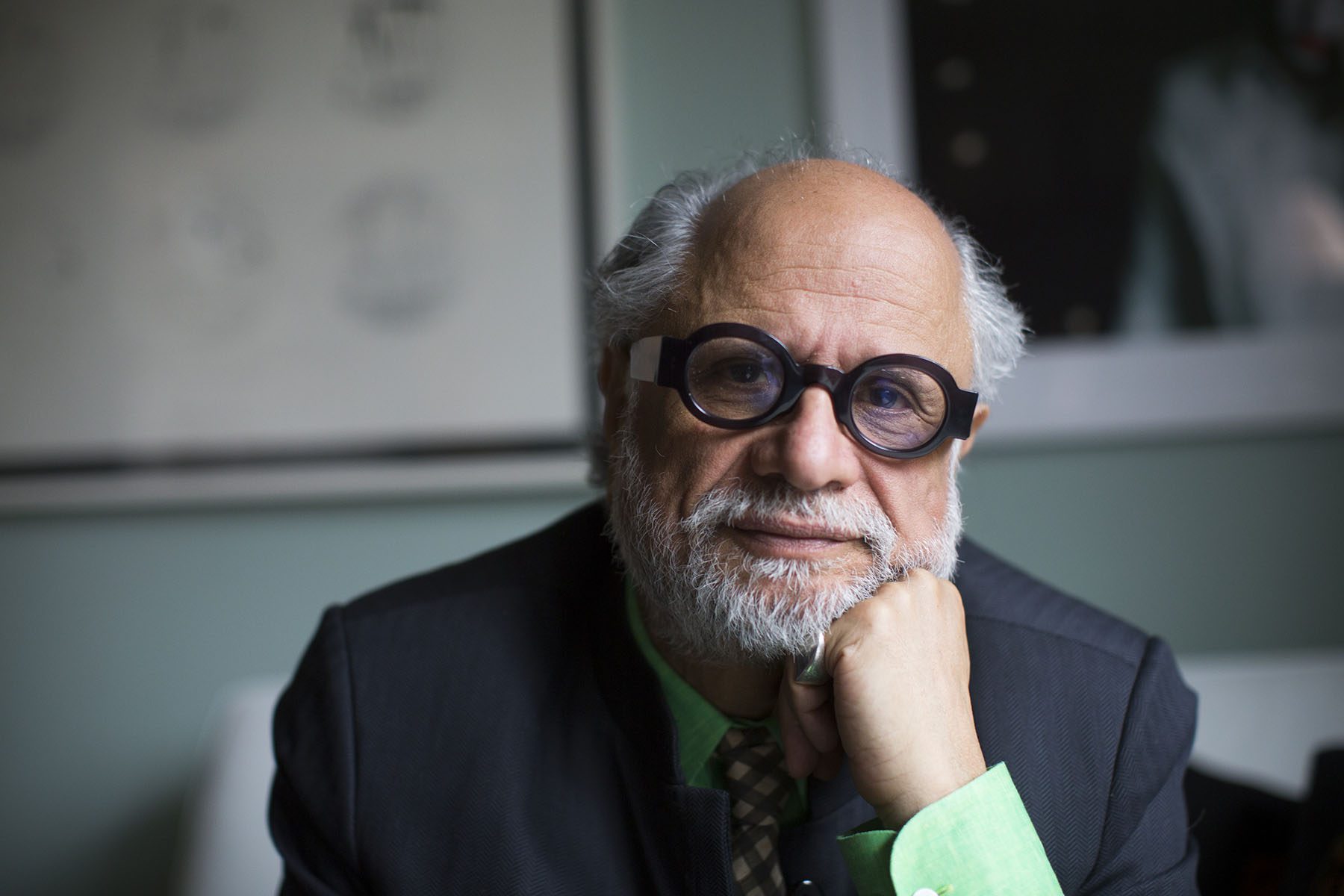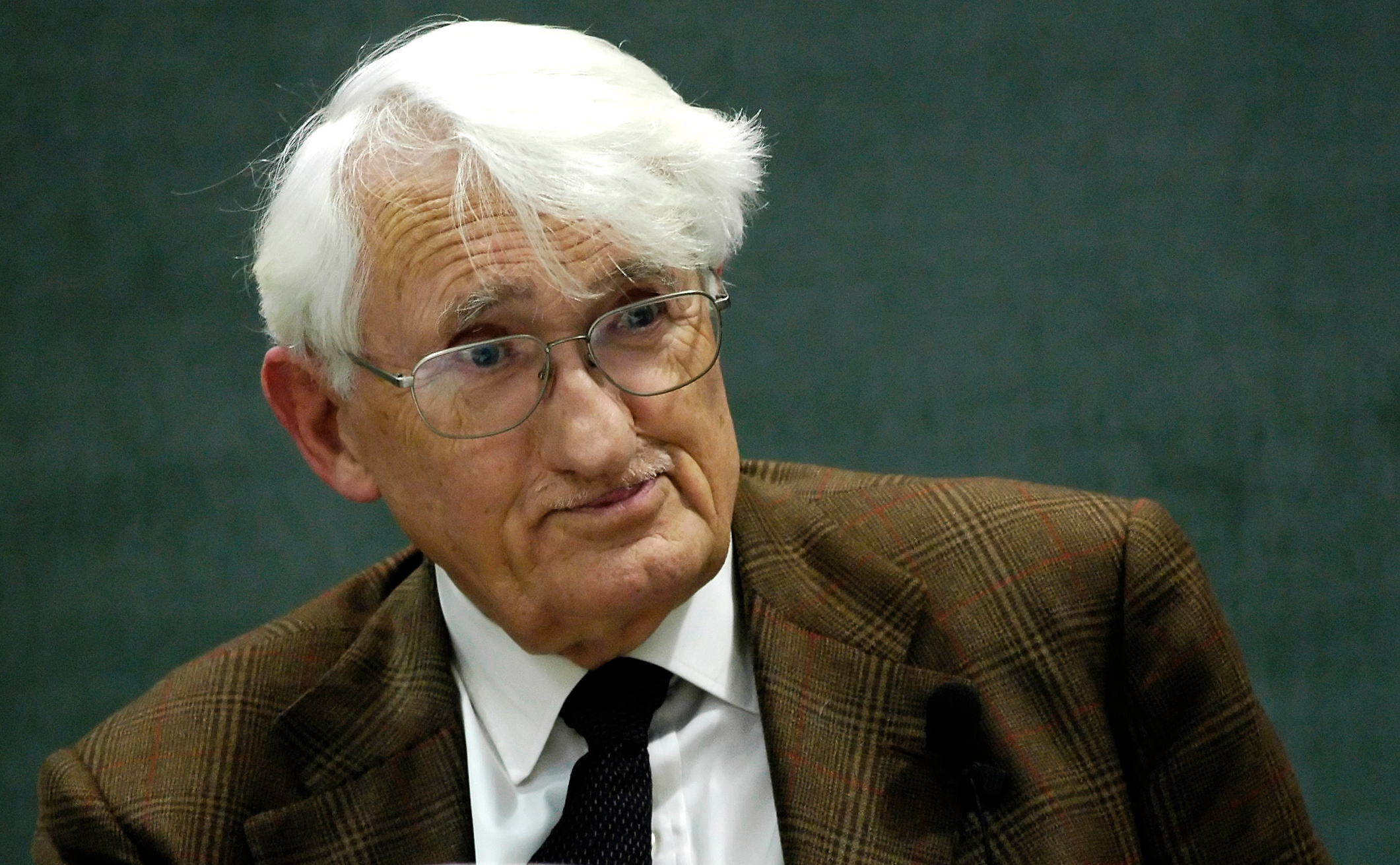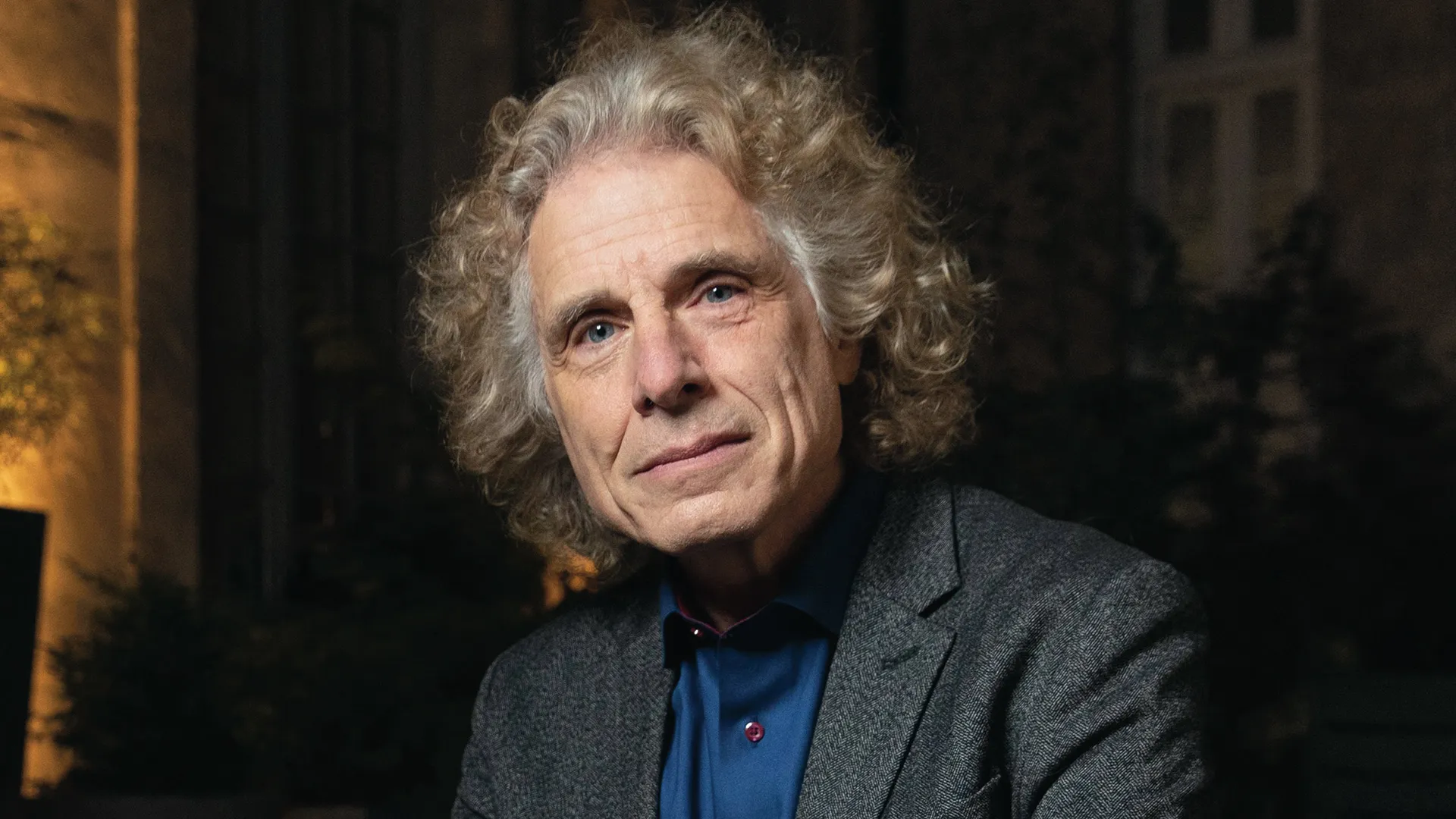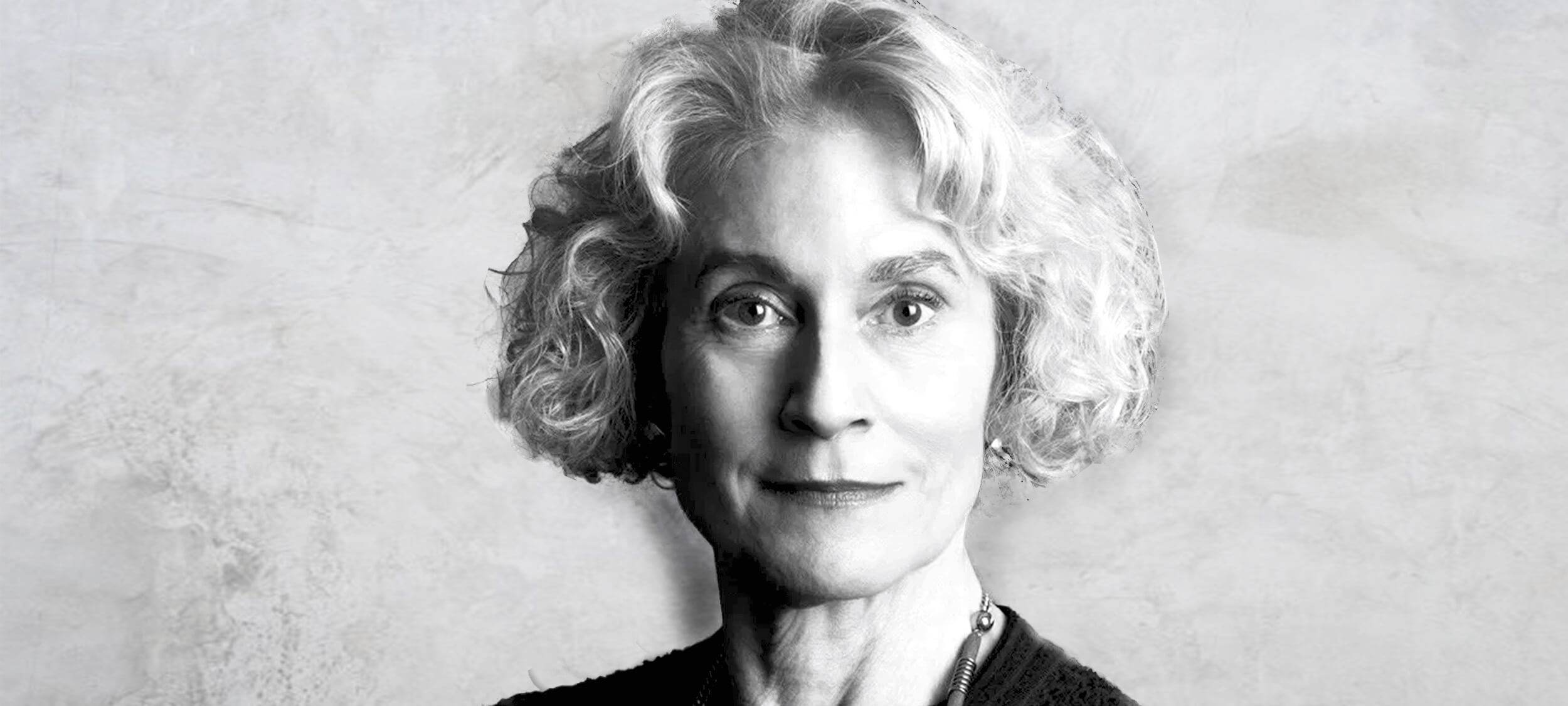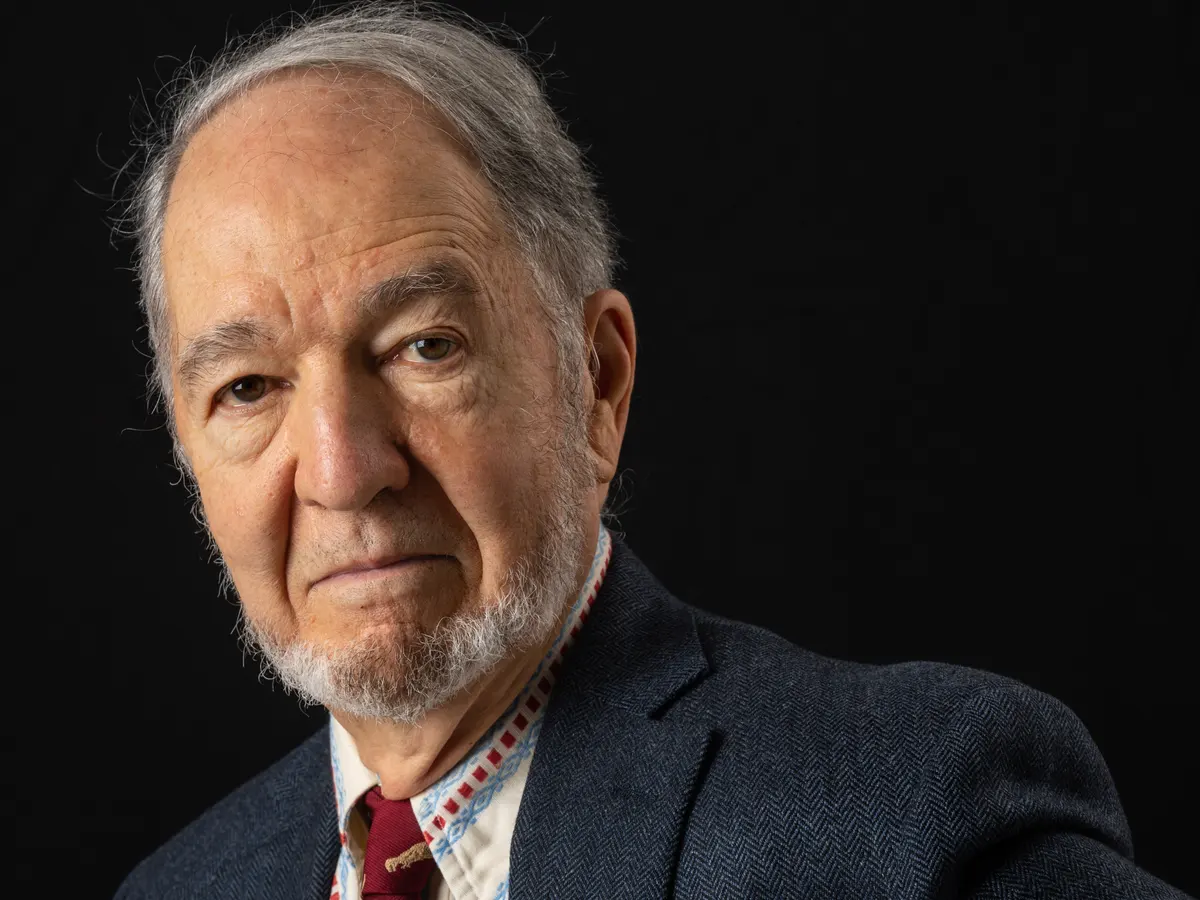
Jared Diamond is an American geographer, historian, and author best known for his multidisciplinary approach to the study of human societies. Born on September 10, 1937, in Boston, Massachusetts, Diamond initially trained in physiology but later branched out into evolutionary biology and biogeography. His most celebrated works include “Guns, Germs, and Steel” (1997), which won the Pulitzer Prize, and “Collapse” (2005). These books explore the factors that determine why some societies survive and others collapse, integrating insights from ecology, anthropology, and geography. Diamond’s research has been influential in understanding the complex interactions between the environment, technology, and social structure that shape human history.
What’s the public’s verdict? Share your thoughts and discuss below!


